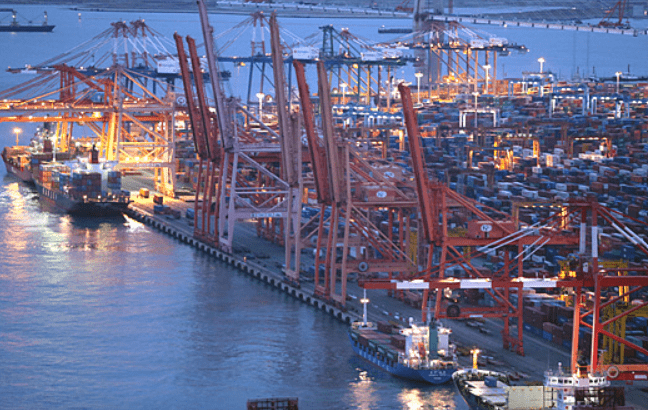South Korea put into effect a new free trade agreement (FTA) on average every year, since 2016, according to data from the World Trade Organization (WTO).
In general, it continued to participate actively in the WTO.
In October 2019, South Korea pledged not to seek special and differential treatment for developing countries in ongoing and future negotiations.
Thus, during the last five years, it participated in seven WTO disputes: four as a complainant and three as a respondent.
At the same time, South Korea continued to seek market opening opportunities through Regional Trade Agreements (RTAs or FTAs).
RTAs are reciprocal preferential trade agreements between two or more partners, constitute one of the exceptions and are authorized under the WTO, subject to a set of rules.
FTA
During the last five years, South Korea signed the Regional Comprehensive Economic Partnership Agreement (RCEP), as well as RTAs with five Central American countries (effective as of March 1, 2021), the United Kingdom (effective as of January 2021), Israel and Indonesia.
These joined the extensive list of its existing RTAs with large economic blocs and new emerging markets (ASEAN, Asia-Pacific Trade Agreement (APTA), Australia, Canada, Chile, China, Colombia, the European Free Trade Association (EFTA) , the European Union, India, New Zealand, Peru, Singapore, Turkey, United States and Vietnam).
Trade policy
Agriculture is still partially covered and rice is excluded from all RTAs.
South Korea has maintained its general orientation on trade policy, which has remained relatively unchanged, although emphasis was placed on SMEs and innovation.
While no unilateral liberalization has taken place, there have been regulatory or institutional advances in certain areas, including trade facilitation, anti-dumping measures, export control of strategic goods, repatriation / relocation companies, regulations , sanitary and phytosanitary requirements, public procurement, competition policy and intellectual property rights.
The Covid-19 circumstances led to the implementation of temporary trade-related measures in certain areas. Some measures continue to protect domestic producers, especially farmers, from foreign competition.
![]()

